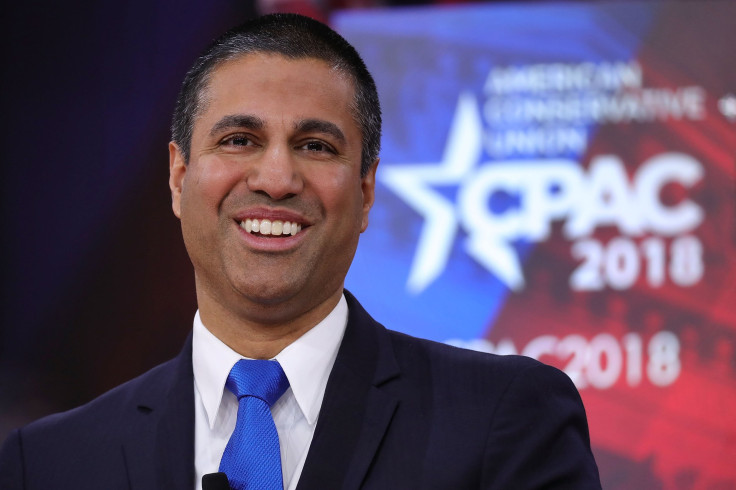FCC To Approve Sprint, T-Mobile Merger For $26.5 Billion; DOJ Approval Uncertain

It remains unclear if the U.S. Department of Justice (DOJ) will consent to the proposed $26.5 billion merger between Sprint Corporation and T-Mobile US Inc. as it’s currently structured despite the chairman of the U.S. Federal Communications Commission (FCC) signifying his support for the deal on Monday.
FCC Chairman Ajit Pai said he plans to recommend the FCC approve the merger, claiming it’ll speed up 5G deployment in the U.S. He also alleges the merger will help bring faster mobile broadband to rural Americans.
“Two of the FCC’s top priorities are closing the digital divide in rural America and advancing United States leadership in 5G, the next generation of wireless connectivity,” said Pai, who has long been criticized for favoring Big Telecoms.
“The commitments made today by T-Mobile and Sprint would substantially advance each of these critical objectives.”
Both the FCC and the DOJ must approve the deal.
Echoing arguments made by Sprint and T-Mobile, Pai said both firms have committed to deploying a 5G network that will cover 97 percent of the U.S. population within three years of the closing of the merger and 99 percent of Americans within six years.
In addition, 85 percent of rural Americans will be covered within three years and 90 percent covered within six years. Pai also said T-Mobile and Sprint guarantee 90 percent of Americans will have access to mobile broadband service at speeds of at least 100 Mbps and 99 percent would have access to speeds of at least 50 Mbps.
Pai said T-Mobile and Sprint will suffer “serious consequences” if they don’t meet their FCC commitments, including the possibility of having to pay billions to the Department of the Treasury.
In mid-April, media reports said the DOJ is unlikely to approve the proposed merger. DOJ staffers cited by media outlets are said to have told both Sprint and T-Mobile the deal might not be approved under its current structure.
What the DOJ found objectionable wasn’t specified but the fact DOJ staffers revealed it to both firms indicate serious misgivings that have to be addressed before the deal moves forward. Sources inside the DOJ said a final decision hasn’t been made.
Analysts note that one of the deal’s biggest stumbling blocks is it will deprive the U.S. of one telecom carrier in an industry comprising only four firms: Sprint, T-Mobile, Verizon and AT&T. The latter two are the market leaders
© Copyright IBTimes 2025. All rights reserved.





















